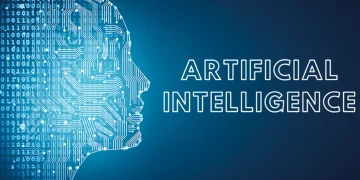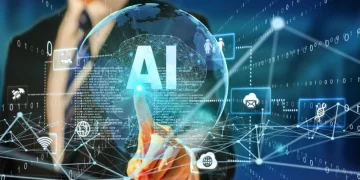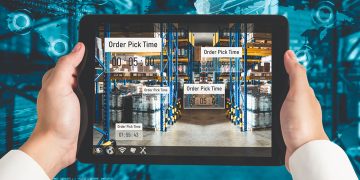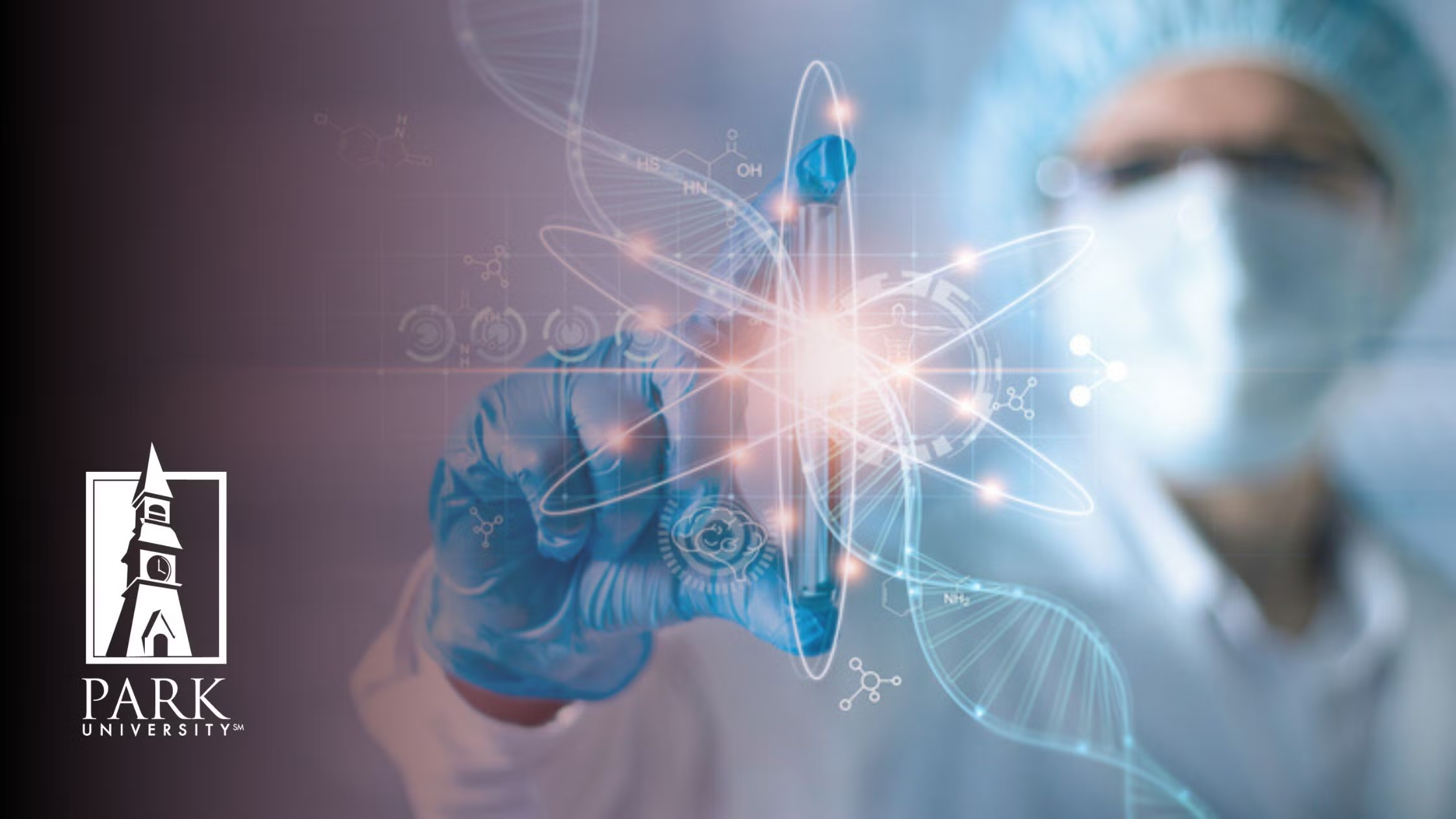Introduction: Feeding the Future
As the global population grows, the challenge of feeding billions becomes increasingly complex. Traditional farming methods, while effective in the past, are facing challenges like climate change, soil depletion, and pest resistance. Biotechnology offers innovative solutions to help meet the demands of the future, improving crop yield, resilience, and sustainability. This article explores how biotechnology is shaping the future of agriculture.
1. Genetically Modified Organisms (GMOs): The Future of Farming
One of the most well-known applications of biotechnology in agriculture is genetically modified organisms (GMOs). By altering the genetic makeup of plants, scientists can create crops that are more resistant to pests, diseases, and extreme environmental conditions.
1.1 Benefits of GMOs in Agriculture
GMOs have allowed for the creation of crops that produce higher yields, resist pests naturally, and require fewer chemicals. For example, Bt corn and Bt cotton contain a gene from the bacterium Bacillus thuringiensis, which makes them resistant to certain pests, reducing the need for pesticides.
1.2 Addressing Food Security
Biotechnology can help address global food security by developing crops that thrive in drought-prone areas or resist diseases that devastate entire harvests. Crops like Golden Rice, which has been engineered to produce vitamin A, are addressing nutrient deficiencies in developing countries.
2. Sustainable Agriculture: Reducing the Environmental Footprint
Traditional farming practices contribute significantly to soil degradation, water waste, and greenhouse gas emissions. Biotechnology offers solutions to mitigate these environmental impacts.
2.1 Drought-Tolerant Crops
Biotechnology has led to the development of drought-resistant crops that use less water while maintaining high yields. Crops like drought-tolerant maize are helping farmers in arid regions cope with water scarcity, reducing the need for irrigation.
2.2 Reduced Pesticide Use
By engineering crops that are resistant to pests and diseases, biotechnology can reduce the need for chemical pesticides. This not only reduces the environmental impact of farming but also lowers the risk of pesticide resistance and harmful effects on biodiversity.
3. Precision Agriculture: The Role of Biotech in Smart Farming
Precision agriculture refers to using data and technology to optimize farming practices. Biotechnology plays a key role in genetic diagnostics, plant breeding, and data-driven solutions.
3.1 Genetic Diagnostics for Crops
Biotechnology enables farmers to test soil health, monitor plant health, and assess genetic variations in crops using genetic markers. This data can help optimize plant breeding and improve crop resistance.
3.2 Smart Farming Tools
Biotech-enabled tools, such as drones, sensors, and AI-powered software, are providing farmers with real-time information on soil quality, moisture levels, and pest infestations, allowing for more precise farming techniques and better crop management.
4. The Future of Biotechnology in Agriculture
As biotechnology advances, the potential for food security and sustainability in agriculture continues to grow. From gene editing technologies like CRISPR, which could allow for precise changes to plant genomes, to the development of lab-grown meat and plant-based proteins, biotechnology is poised to reshape how we produce food.

4.1 CRISPR and Crop Improvement
The potential of CRISPR technology in agriculture is enormous. With its precision gene-editing capabilities, CRISPR can be used to improve crops in ways that were previously unimaginable — making them more nutritious, resilient, and efficient.
4.2 Lab-Grown Meat and Alternative Proteins
In the future, biotechnology may also revolutionize food production by enabling lab-grown meat and plant-based proteins to become mainstream, reducing the environmental impact of livestock farming and providing sustainable sources of protein.
Conclusion: Biotechnology as the Key to Agricultural Sustainability
Biotechnology is transforming agriculture, offering solutions to some of the most pressing challenges in food security, environmental sustainability, and climate change. Through innovations in GMOs, precision agriculture, and genetic engineering, biotechnology has the potential to meet the growing demand for food while minimizing the impact on the planet. However, as these technologies continue to evolve, ethical and regulatory considerations will be key to ensuring that biotechnology benefits all people, while protecting ecosystems and biodiversity.











































